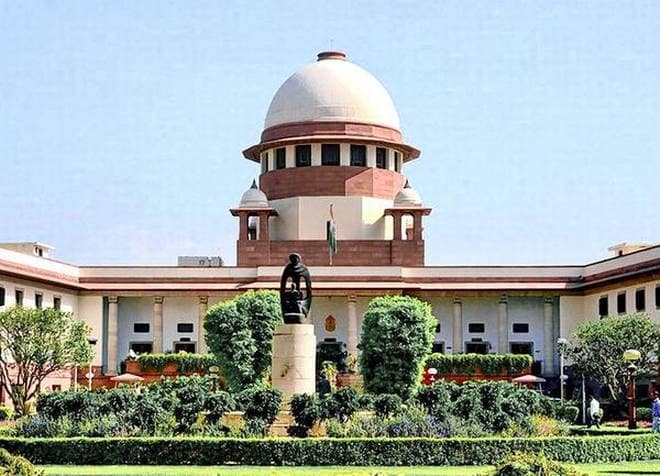On Monday, January 14, 2019, the Supreme Court of India heard two petitions that were filed by the People’s Union for Civil Liberties (PUCL) and Citizens Against Hate (CAH) regarding recent alleged police encounters in Uttar Pradesh. The petitioners are seeking a special probe into the issue. The Bench comprised Chief Justice Ranjan Gogoi and Justices Sanjay Kishan Kaul and Ashok Bhushan. Chief Justice Gogoi acknowledged that the matter is a serious one requiring a detailed hearing, the Hindustan Times reported. The Court will take it up on February 12.

Advocate Prashant Bhushan, appearing for an intervenor, asked the Court to seek a status report from the National Human Rights Commission (NHRC), that has investigated some of the deaths, the Deccan Herald reported. Senior advocate Mukul Rohatgi, appearing for the Uttar Pradesh government, said that the government had abided by the mandate issued by the Supreme Court in the case ‘PUCL Vs State of Maharashtra’ regarding police encounters, the Herald said, noting that Rohatgi said that a post-mortem was conducted, an inquiry was opened and no complaint was filed with the district court. Rohatgi said that those who were killed had faced multiple criminal charges.
On Friday, January 11, a statement from the Office of the United Nations High Commissioner for Human Rights (OHCHR) said that four UN Special Rapporteurs expressed alarm over at allegations that police have carried out at least 59 extrajudicial killings in Uttar Pradesh since March 2017. The experts in question are Agnes Callamard, Special Rapporteur on extrajudicial, summary or arbitrary executions, Michel Forst, Special Rapporteur on the situation of human rights defenders, Nils Melzer, Special Rapporteur on torture and other cruel, inhuman and degrading treatment or punishment, and Ahmed Shaheed, Special Rapporteur on freedom of religion and belief.
The statement said that the human rights experts had submitted detailed information on 15 cases to the Indian government, most involving individuals from Muslim communities living in poverty. “Evidence indicates the killings took place in police custody. In all of the cases, the police said the killings were during encounters and in self-defence,” the statement noted.
“We are extremely concerned about the pattern of events: individuals allegedly being abducted or arrested before their killing, and their bodies bearing injuries indicative of torture,” the experts said, adding, “We have also received allegations of corruption including the police demanding money to release the victim prior to the killing”. They said, “Unfortunately we are continuing to receive reports of other similar cases of killings as well as threats and harassment”.
The experts also expressed concern that the Supreme Court’s guidelines have not been followed, including the police not notifying families of the killings, not examining the scene, not providing post-mortem reports to families, and not transferring cases to an independent investigative body. They also highlighted reports that victims’ family members and human rights defenders working on the matter have been targets of harassment, death threats, and false criminal cases in apparent efforts to intimidate them, the statement said. The Special Rapporteurs also mentioned remarks made by high-ranking state government and police officials “seeming to incite, justify or sanction killings,” the statement said. The experts have called for an immediate review into the use of force by the Uttar Pradesh Police “to ensure all law enforcement operations were conducted in compliance with international standards,” and for immediate, independent and thorough investigations into the alleged killings, and for perpetrators to be prosecuted. The stressed that victims’ family members and human rights defenders must be protected, and that actions targeting them must be probed.
In July 2018, the Supreme Court issued a notice to the Uttar Pradesh government over a petition that alleged that multiple fake encounters had been conducted in the state. The NHRC also issued a notice to the UP government in November 2018. In 2017, the Uttar Pradesh Police said that within six months of UP Chief Minister Yogi Adityanath’s government, there were 420 encounters in which 15 people were killed. By 2018, the state’s police had carried out 1,038 encounters in which 32 people were killed, The Wire reported, noting that in July 2018 the OHCHR also wrote to the Indian government calling for investigations into alleged “fake encounter” killings in Manipur.
In February 2018, Citizens for Justice and Peace (CJP) took note of the “encounter spree” in Uttar Pradesh, speculating that the state government “flaunted” the incidents to show it was ‘hard on crime’ to attract investors.